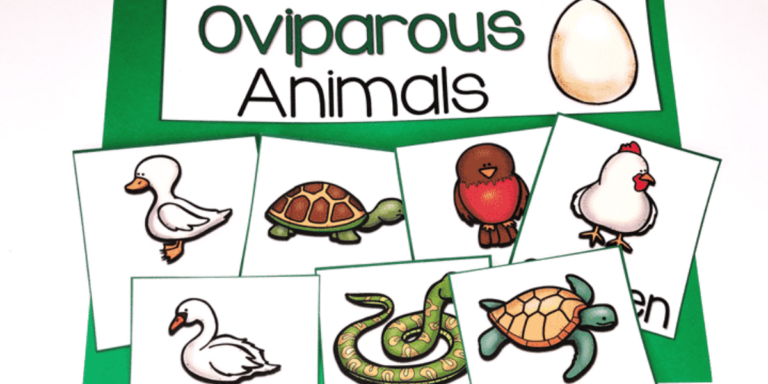Days of The Week in English with Useful Rules and Examples

When discussing events, meetings, and time-related activities, it’s essential to know the days of the week in English. These days are straightforward to learn, and in this article, we’ll explore how to say and use the seven days of the week in sentences.
The week comprises seven days in English, each ending with the suffix “-day.” Here they are:
- Monday
- Tuesday
- Wednesday
- Thursday
- Friday
- Saturday
- Sunday
Remember, when writing the days of the week, always start with a capital letter as they are proper nouns that require capitalization.
Days Of The Week In The Present
There are numerous instances where you might need to incorporate the days of the week in your English writing or conversations. Let’s explore some examples of using the days of the week in present tense sentences:
- On Thursday, we go to the pub.
- Sunday is always the day that we attend church.
- I only work on Monday, Wednesday, and Friday.
- Thursdays are when my mother comes for dinner.
- Kate and Robert go to the theatre every Friday evening.
- On Saturday morning, I go for a run.
- Is John working this Monday?
Days Of The Week In The Past
“When discussing past events tied to specific days, there are several ways to incorporate the day’s name. Let’s explore some example sentences referring to days of the week in the past:
I visited the market this past Sunday. Two Thursdays ago, we met my friend, Mike. It’s been two weeks since I started my new job on a Monday. My father struck the lottery jackpot last Wednesday.”
Days Of The Week In The Future
When discussing future events on specific days, there are alternative ways to express this. Let’s explore various methods of referring to days of the week in the future:
I plan to go swimming next Tuesday. My birthday falls a week from this Sunday. Christmas day lands on the Tuesday after next. Will you visit your family this upcoming Friday?
Yesterday, Today and Tomorrow
When discussing days of the week, we can often use different references instead of specific day names, such as:
Yesterday – Referring to the day before today. Today – Denoting the current day. Tomorrow – Indicating the day after today. Let’s explore some sentence examples using these terms:
I’m leaving for Greece tomorrow. My mother’s birthday was the day before yesterday. Are you joining the party today? Did you see Alan yesterday?
Shortened Days Of The Week
Frequently, when reading English text, you’ll often encounter shortened versions of the days of the week. This practice is prevalent in informal writing like emails, texts, notes, diaries, and planners. Let’s examine these shortened forms of each day:
Mon Tues Weds Thurs Fri Sat Sun Each abbreviation remains easily recognizable when compared to its full name, simplifying the learning and recall process.
Conclusion
Mastering the days of the week in English expands your vocabulary, allowing you to discuss time-related situations and past events more fluently. Besides learning the days themselves, it’s valuable to understand referencing days without directly using their names, utilizing terms like ‘tomorrow’ and ‘yesterday’.





